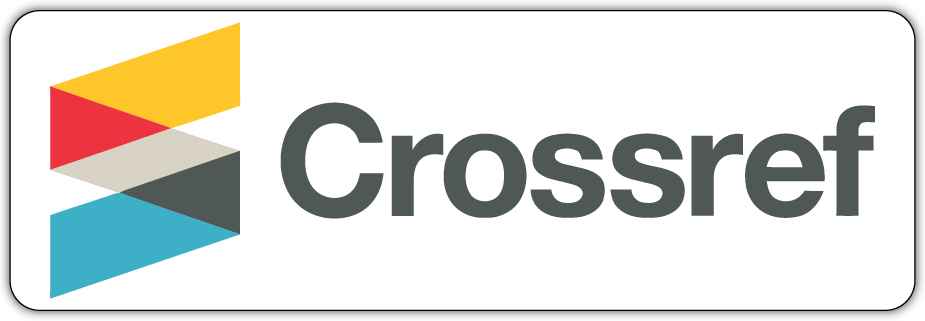Michel Foucault: Intelektual Spesifik Versus Intelektual Universal
Abstract
Abstrak: Artikel ini menyajikan pandangan Foucault tentang intelektual spesifik sebagai lawan dari intelektual universal atau tradisional yang diklaim oleh para pemikir modernis, yang pada umumnya mendasarkan pemikiran mereka pada esensi, fondasi, transendensi, universalia, atau apa yang disebut narasi-narasi besar. Intelektual spesifik Foucault tidak didasarkan pada akal universal yang dilihat sebagai sumber dari semua kapasitas manusiawi yang membebaskan. Dalam kuliah-kuliah dan seminar-seminarnya yang terakhir, Foucault berbicara mengenai parrhesia (truth-telling), yaitu bagaimana seorang individu menyadari dirinya sebagai subjek kebenaran dan etika. Intelektual sejati disebutnya sebagai parrhesiast yang tidak hanya mampu kebenaran kepada orang lain, tetapi lebih dari itu ia harus mampu menyampaikan kebenaran kepada dirinya sendiri. Ini berarti bahwa ia memiliki relasi khusus dengan dirinya, dalam arti bahwa ia matang dan dewasa dalam penampilannya (model adanya), dan bahwa ia tidak hanya mampu menyampaikan kebenaran melalui kata-kata, tetapi juga melalui tindakan dan hidupnya sendiri. Nyata bahwa selalu ada relasi antara kata-kata dengan tindakan.
Kata-kata Kunci: Kuasa, wacana, intelektual spesifik, parrhesia, subjek, etika, modalitas, dan permainan kebenaran.
Abstract: The paper shows Foucaults own stand on specific intellectual as contrasted to the universal or traditional intellectual claimed by modernist thinkers, which is mainly based on essence, foundation, transcendence, universals, etc, or what one calls grand narratives. Specific intellectual is not based on the universal reason which is claimed to be the source of all human capacities in liberating him or herself. In his last lectures and seminars Foucault talked about parrhesia (truth-telling), that is how the individual is aware of him/her self to be the subject of truth and of ethics. The true intellectual is then called the parrhesiast, who is able not only to tell the truth to other people, but moreover he or she should be able to tell the truth to him/her self. This means that he has a special relation to him/her self, in the sense that he/she is mature in his/her mode of being, and that means he/she is able not only to tell the truth through words but also through his own conduct. There is always a correspondence between words and deeds.
Keywords: Power, discourse, specific intellectual, truth-telling, subject, ethics modality, and truth-games.

DISKURSUS applies the Creative Commons license (CC BY). We allow readers to read, download, copy, distribute, print, search, or link to the full texts of its articles and allow readers to use them for any other lawful purpose. Full information about CC BY can be found here: https://creativecommons.org/licenses/by/4.0/












